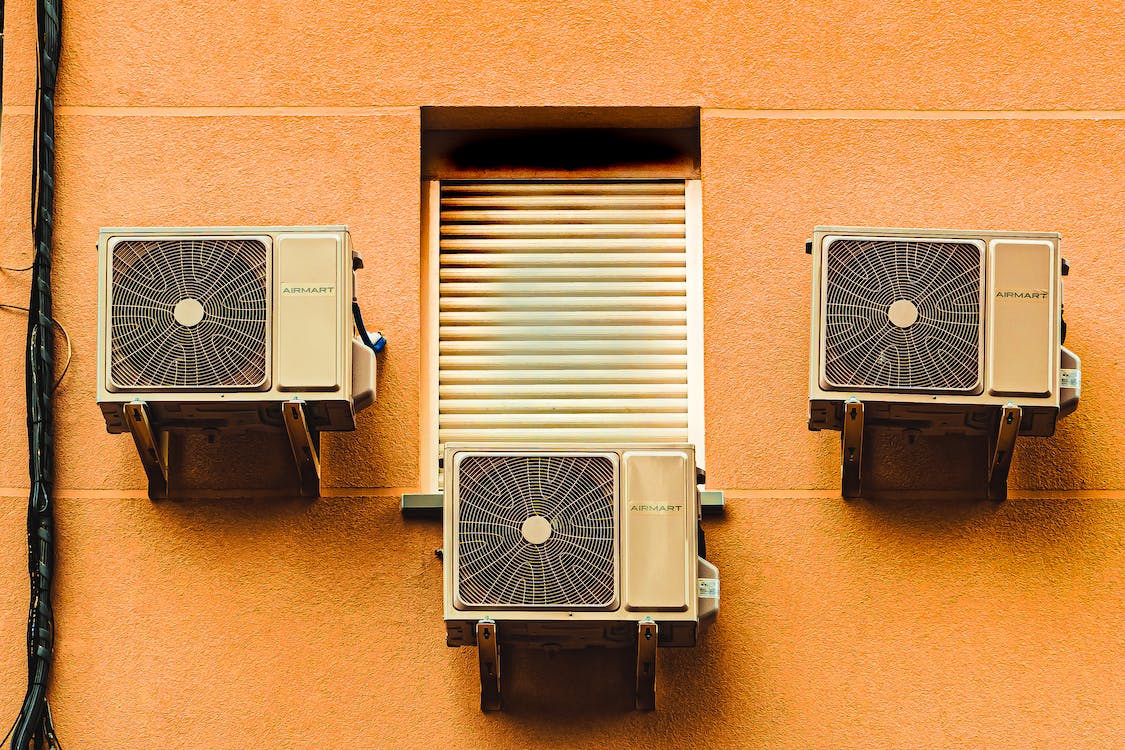If your current air conditioning system is old, inefficient, or on the verge of a breakdown, it might be time to consider an air conditioning replacement. Upgrading to a newer and more energy-efficient unit can bring numerous benefits. Firstly, it will enhance the overall comfort of your home by providing consistent and reliable cooling. Additionally, a modern AC unit can significantly lower your energy bills since it operates with higher efficiency levels compared to older models.
Moreover, replacing your air conditioner can improve indoor air quality as newer systems come equipped with advanced filtration technology that effectively captures dust, allergens, and other pollutants. This is especially important for individuals with respiratory issues or allergies. Investing in a new unit also reduces the likelihood of unexpected breakdowns and costly repairs.
When considering an air conditioning replacement, it is essential to consult with a qualified HVAC professional who can assess your specific needs and recommend the most suitable options. They will take into account factors such as the size of your home, insulation levels, ductwork condition, and any specific cooling requirements you may have. By conducting an expert evaluation, they can ensure that you choose the right system for optimum performance and energy efficiency.
Furthermore, hiring a reputable HVAC contractor ensures proper installation of your new air conditioner. Proper installation is crucial for optimizing performance and longevity while minimizing potential issues down the line. Professionals possess the necessary expertise and tools to correctly install complex HVAC systems while following industry standards.
What is the best alternative to air conditioner?

Looking for a cost-effective and eco-friendly alternative to air conditioners? Look no further! One of the best alternatives is using an evaporative cooler, commonly known as swamp coolers. These devices work by circulating water through pads that then evaporate to create a cooling effect. Instead of relying on refrigerants like traditional ACs, swamp coolers use natural evaporation to lower the temperature indoors.
Evaporative coolers work efficiently in hot and dry climates, making them popular in arid regions. They are not only energy-efficient but also use significantly less electricity than air conditioners. Additionally, they provide fresher air by continuously replacing the stale indoor air with fresh outdoor air.
Another excellent alternative is using fans strategically placed around your home. Fans create airflow, which helps to increase evaporation from your skin, thus providing a cooling effect. Ceiling fans are particularly effective in keeping rooms comfortable during warmer months.
Consider utilizing passive cooling techniques as well. These include shading windows with curtains or blinds during the hottest part of the day to prevent direct sunlight from entering your space. Opening windows at night when it cools down can facilitate cross ventilation and allow cooler air into your home.
Smart home technology can also come to your aid. By installing smart thermostats or climate control systems that automatically adjust temperatures based on occupancy and outdoor conditions, you can optimize comfort while reducing energy consumption.
For those with limited options, portable air conditioners offer a more flexible alternative. Although resembling traditional AC units in some ways, they do not require permanent installation and can be easily moved from room to room as needed.
Overall, there are numerous alternatives available to conventional air conditioners depending on individual needs and preferences. Whether it’s choosing an evaporative cooler, utilizing fans, employing passive cooling techniques, or exploring smart home technology.
5 Reasons Why AC Units Fail

AC units are essential appliances that provide comfort and cool air during hot weather. However, just like any other mechanical device, they can sometimes fail to function properly. Here are five common reasons why AC units may fail.
1. Lack of maintenance: Neglecting regular maintenance, such as cleaning or changing filters, can lead to dust and debris accumulation in the unit. This can hinder airflow and cause the AC to work harder to cool the space, ultimately leading to failure.
2. Refrigerant leaks: If there is a refrigerant leak within the AC system, it can result in reduced cooling capacity. Moreover, low levels of refrigerant can also cause an imbalance in pressure and lead to other issues with the unit’s components.
3. Electrical problems: Faulty wiring or blown fuses can cause AC units to stop working. These issues prevent proper electrical supply and disrupt the functioning of the compressor or blower fan motors.
4. Frozen evaporator coil: A dirty air filter or blocked air vents can restrict airflow over the evaporator coil, causing it to freeze up. As a result, the unit will not be able to effectively absorb heat from indoor air and may shut down.
5. Aging equipment: Over time, AC units experience wear and tear due to continuous usage. Old equipment may have worn-out components or deteriorated insulation which affects their efficiency and eventually leads to failure.
To avoid these issues, it is crucial to perform routine maintenance on your AC unit. This includes regularly cleaning or replacing filters, addressing any electrical problems promptly, keeping vents unobstructed for proper airflow, and scheduling professional inspections at least once a year. By taking proactive steps in maintaining your AC unit’s health, you can ensure its reliability and keep yourself cool during those blistering summer days.

